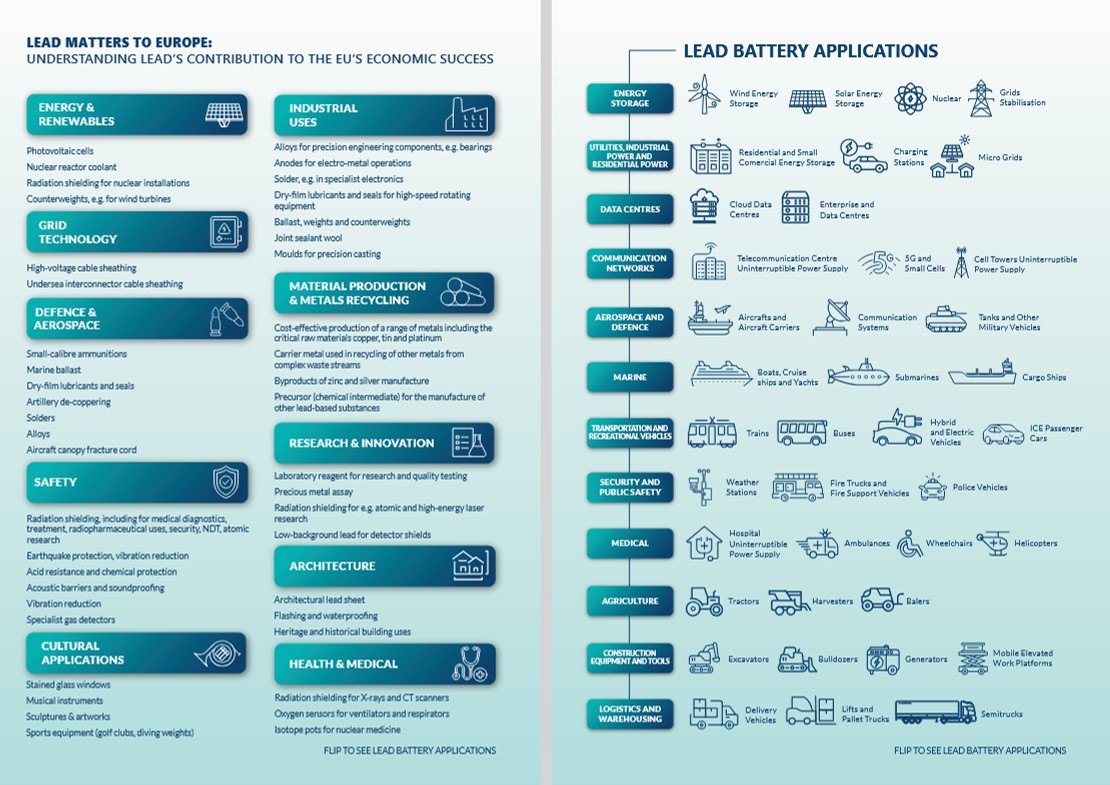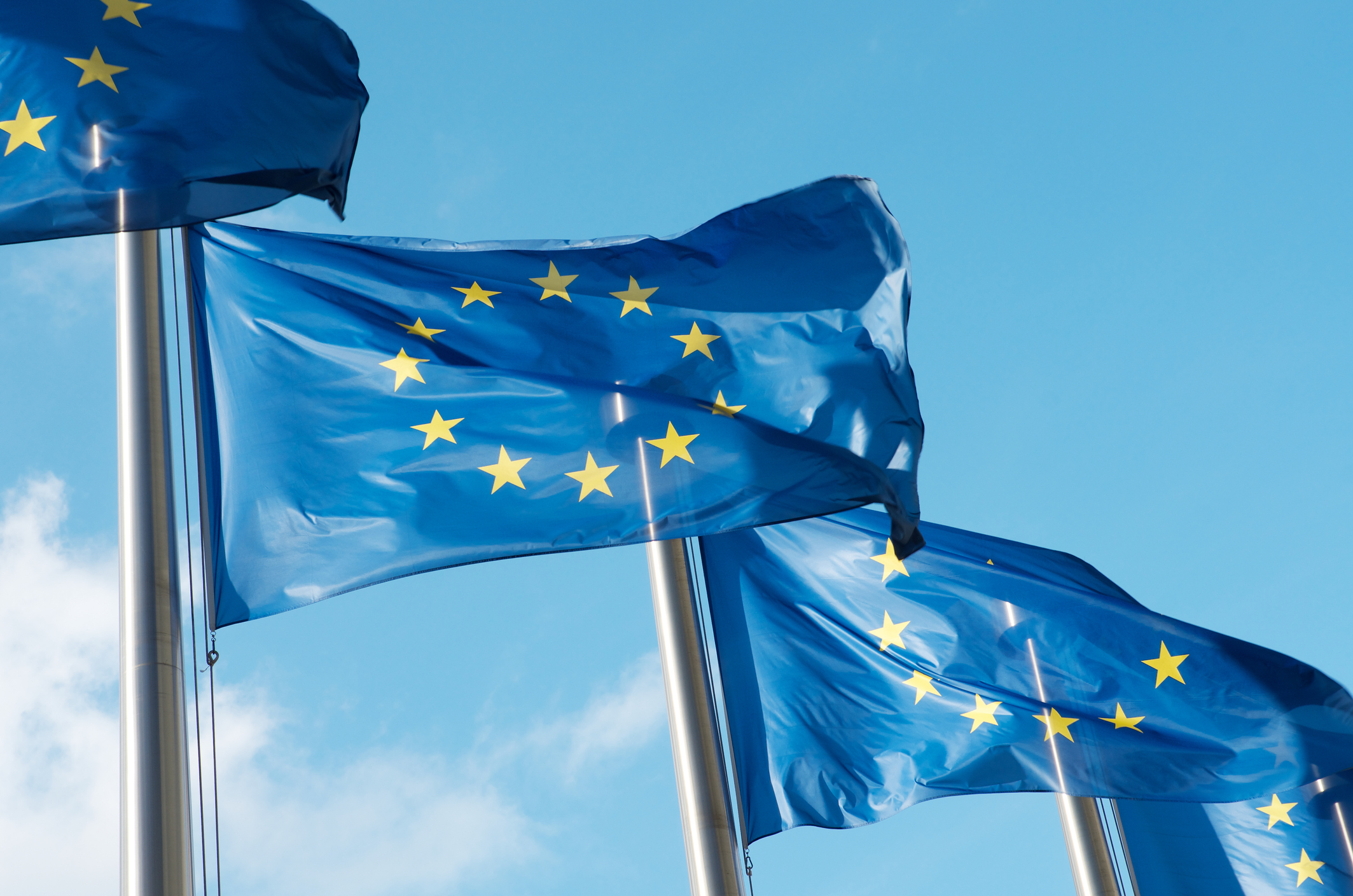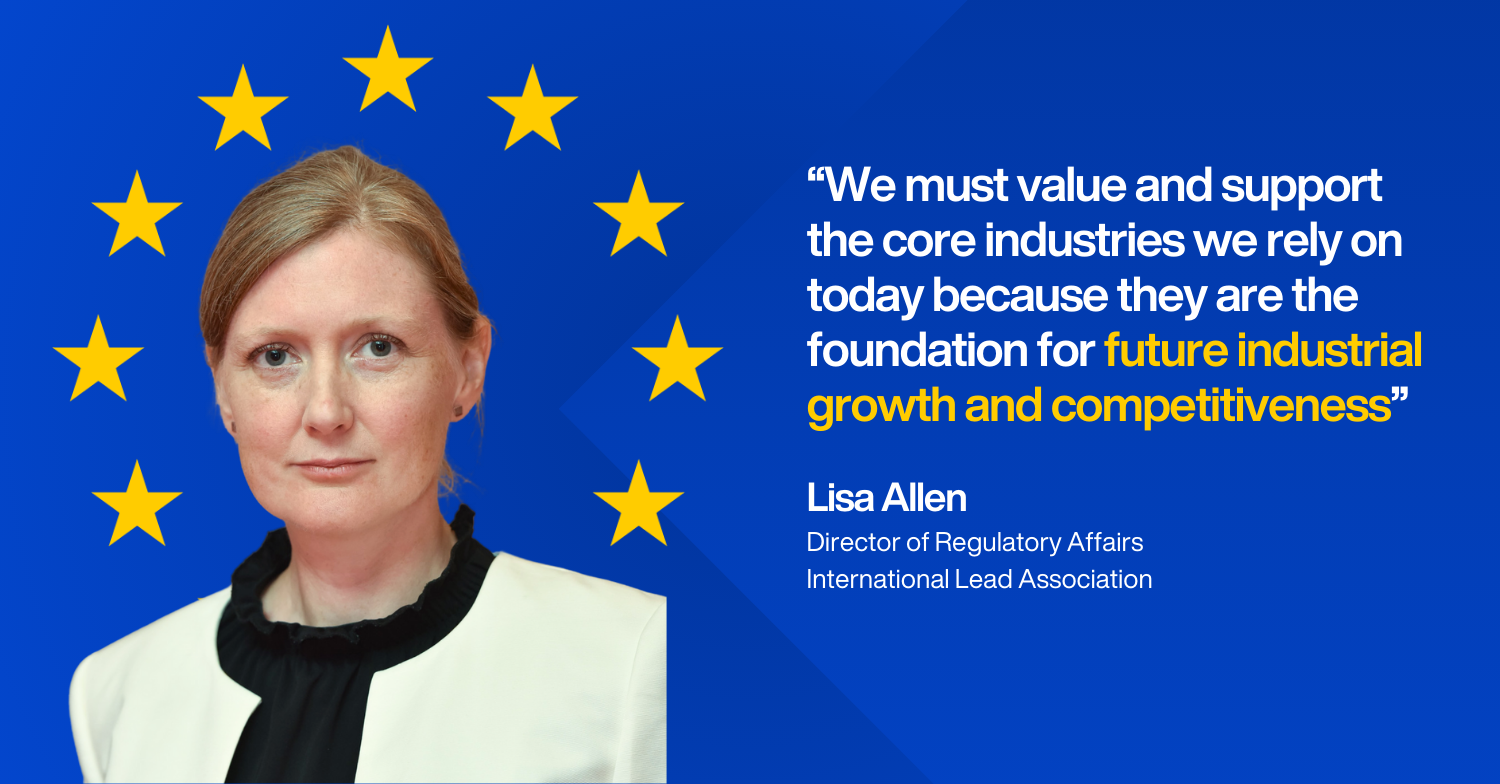raw power
Supporting 184,000 jobs
The lead and lead battery value chain supports more than 184,000 direct and downstream jobs across Europe. All lead batteries collected in Europe are fully recycled and the materials re-used to manufacture new advanced lead batteries.

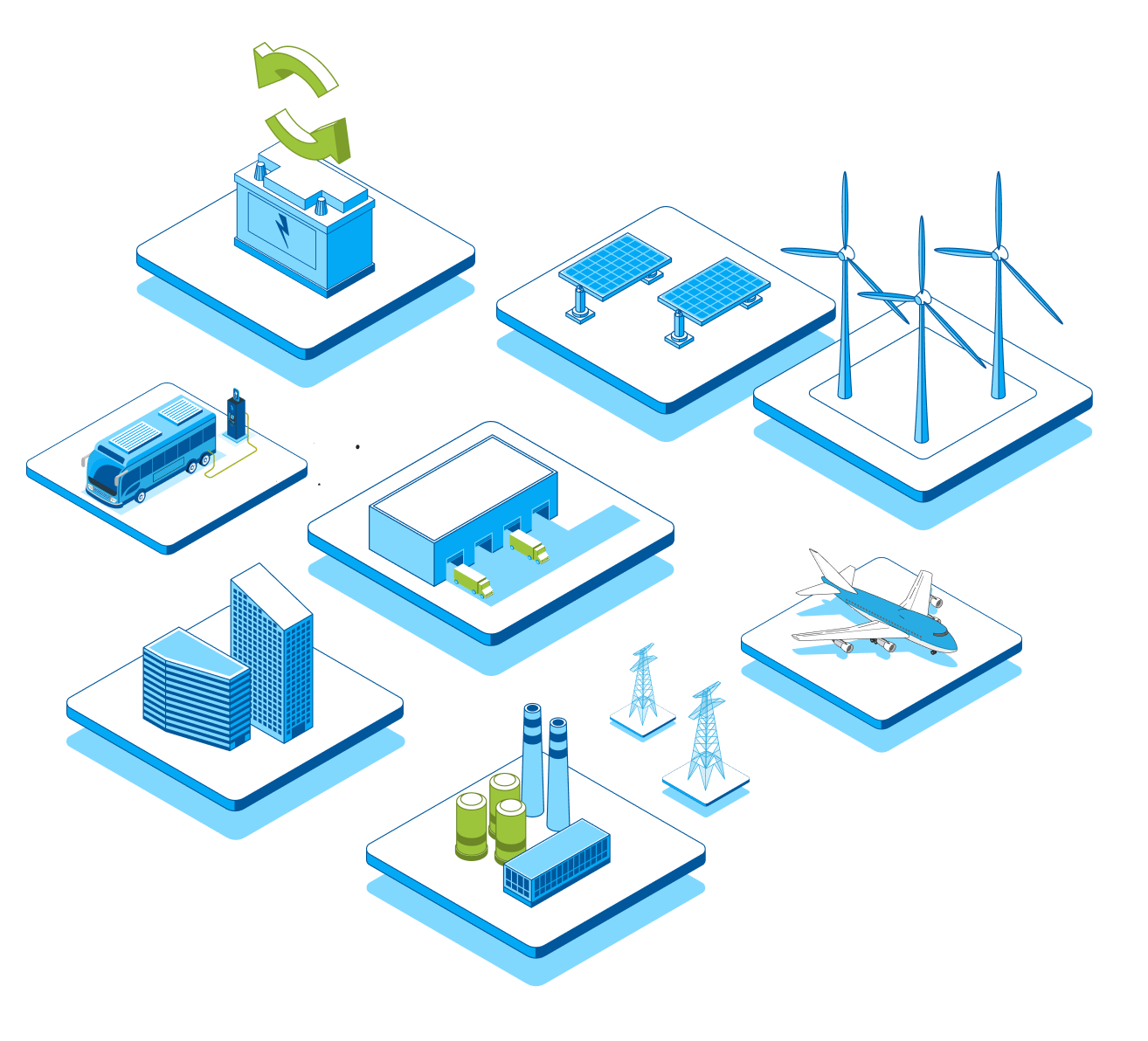



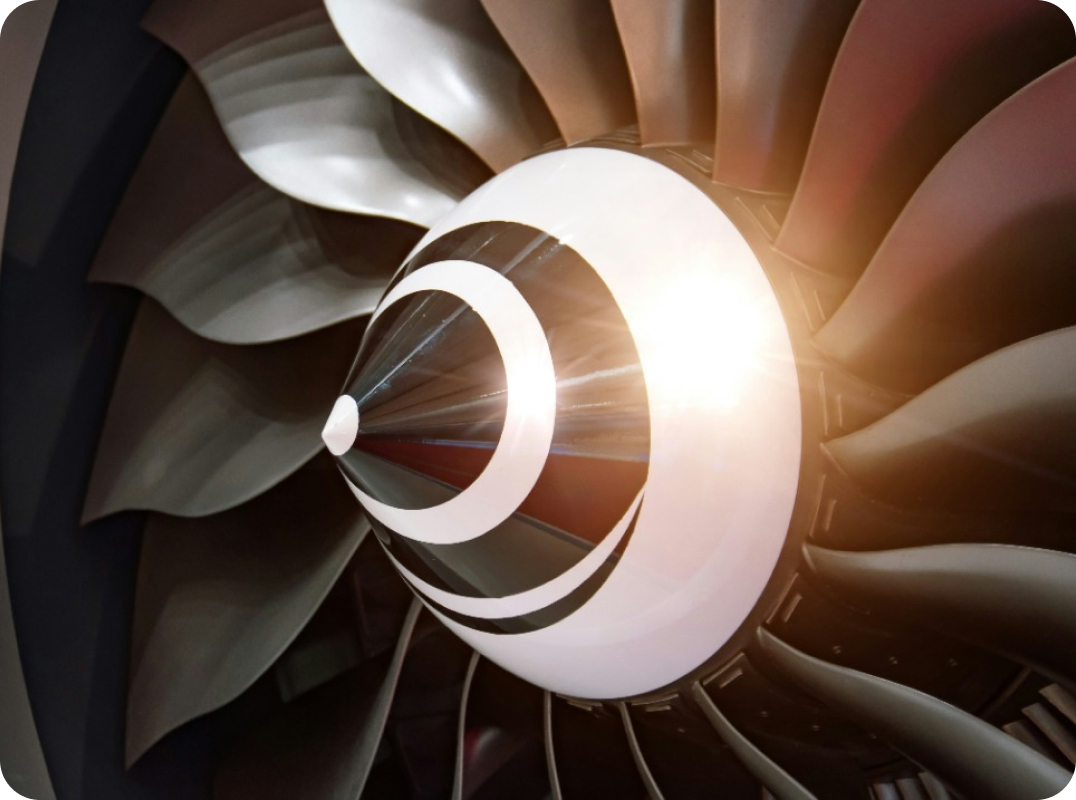
 Lead-Matters-Wind
Lead-Matters-Wind 
